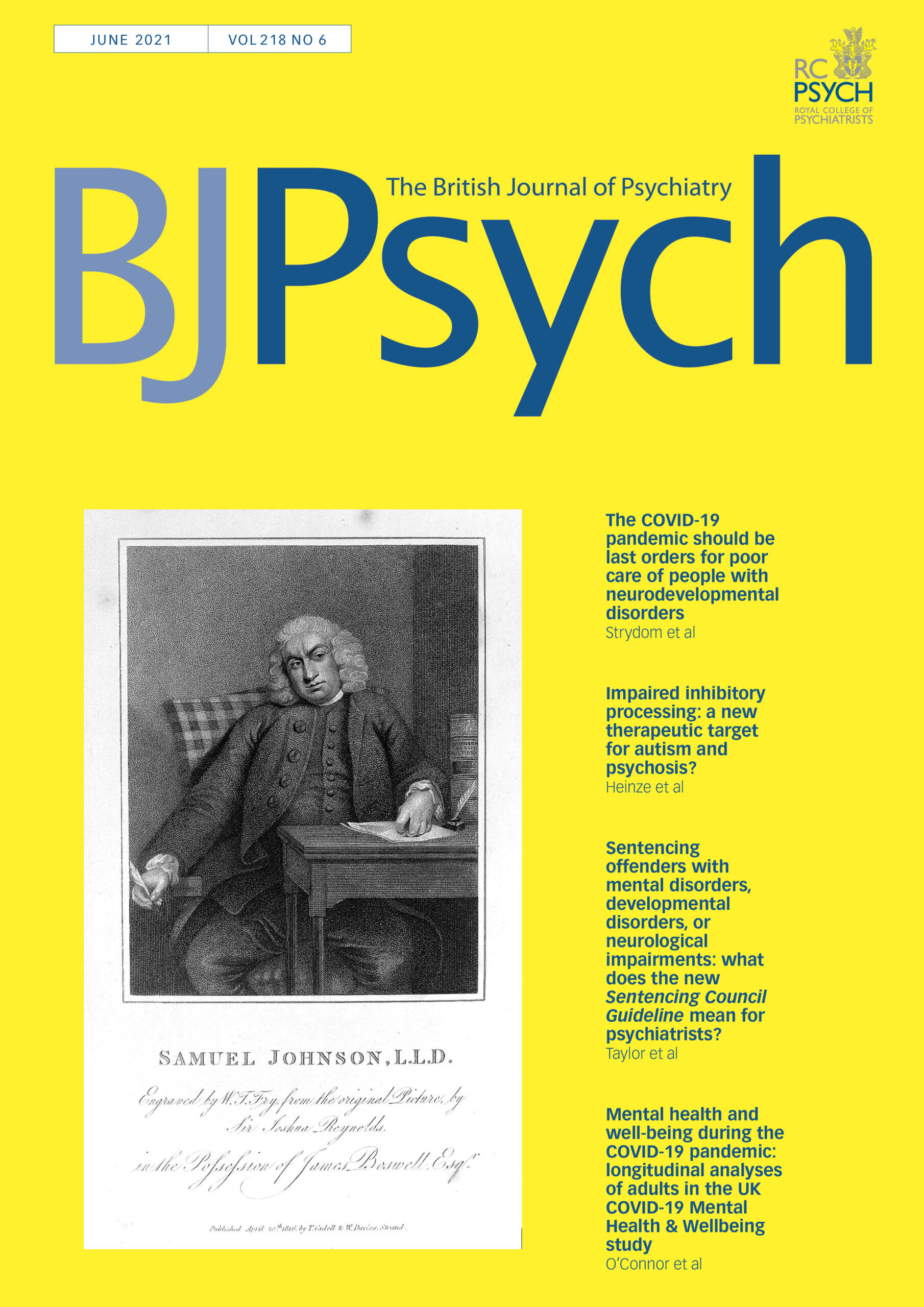July 2021
/There is little in mental health as controversial as electroconvulsive therapy (ECT). One Flew Over the Cuckoo's Nest has a lot to answer for, but equally one can understand public caution about a technique involving anaesthesia and induced seizures. The lack of sham-controlled randomised controlled trials (RCTs) has long been a criticism of the technique, but Chittaranjan Andrade hits back in a provocative editorial saying such criticisms cannot go unanswered if they are deterring people from receiving care.1 Somewhat tongue-in-cheek he notes that we also lack good RCTs to conclude that parachutes work, but they remain very much in use and astonishingly popular among folk who jump out of airplanes. Further, there are large, modern, well-designed RCTs that demonstrate superiority of bilateral and high-dose unilateral ECT to low-dose unilateral ECT, and brief pulse compared with ultra-brief pulse ECT. Such an active placebo is a scientifically valid replacement. Finally, Dr Andrade argues that ECT use over 80 years with application to the most unwell patients, many of whom have been catatonic, would have shown clearly if it was not working in individuals who had been refractory to other interventions. He contrasts its continuance with the disappearance of (Nobel Prize awarded ‘discoveries’ of) leucotomies and malaria therapy.


